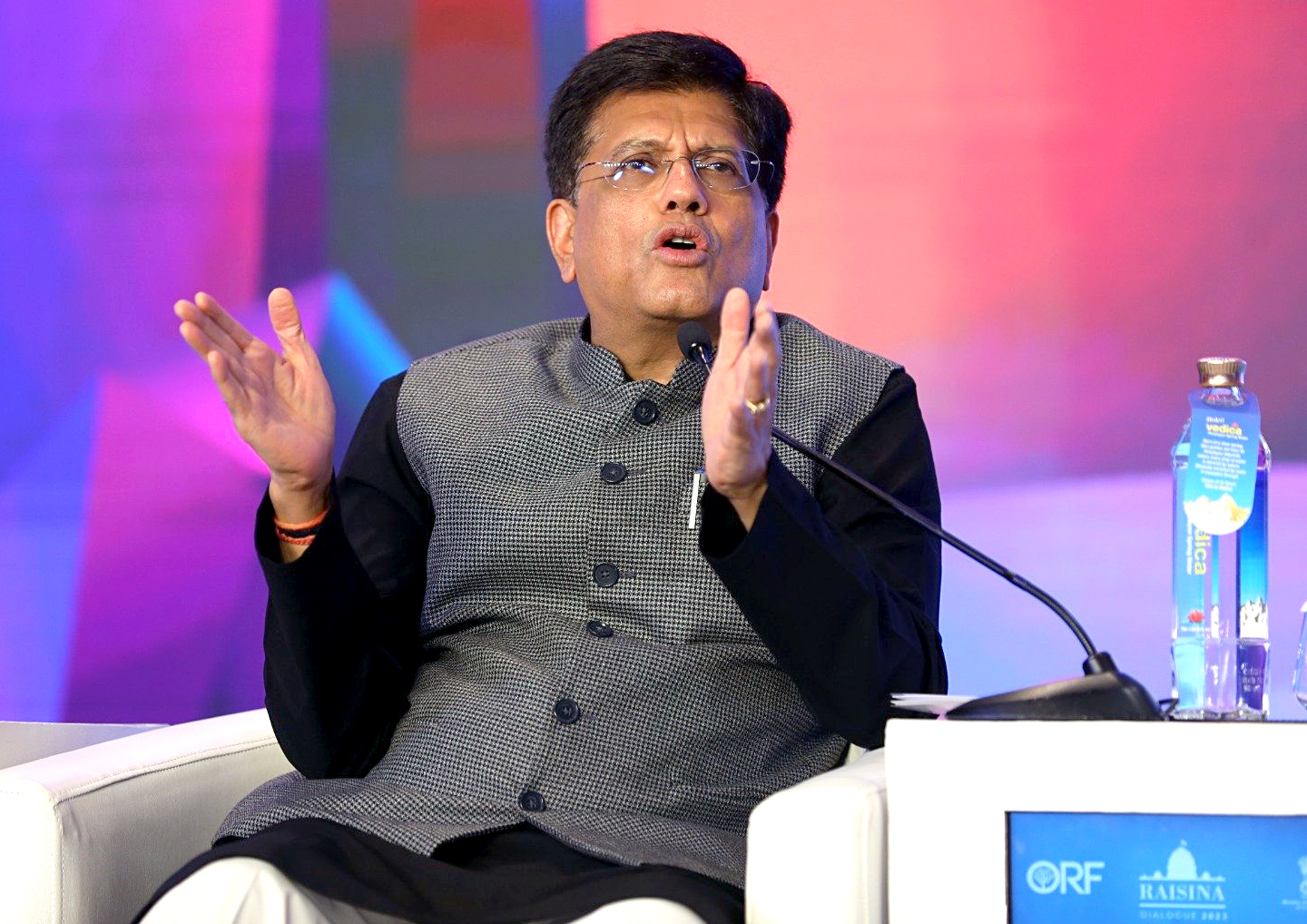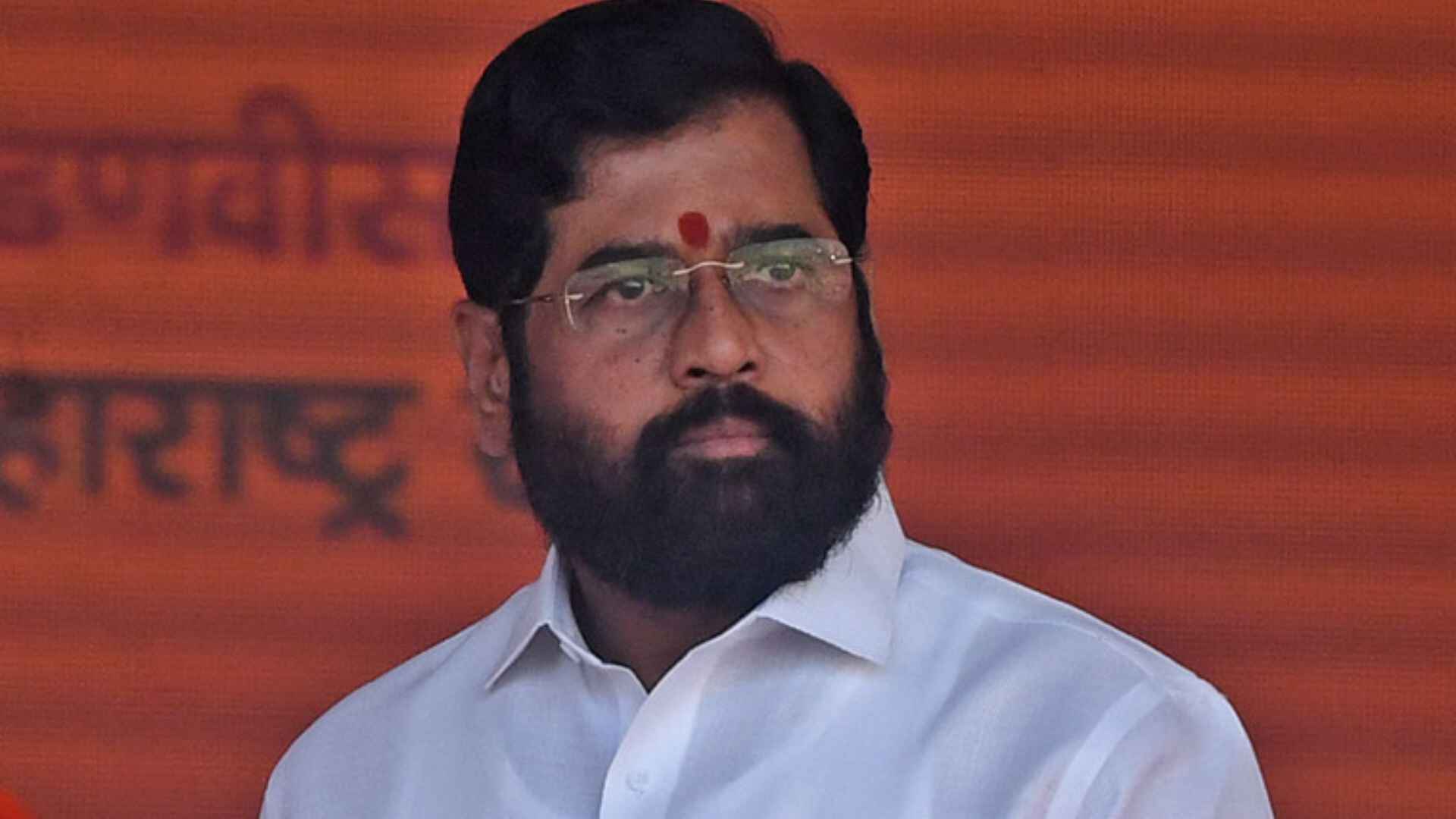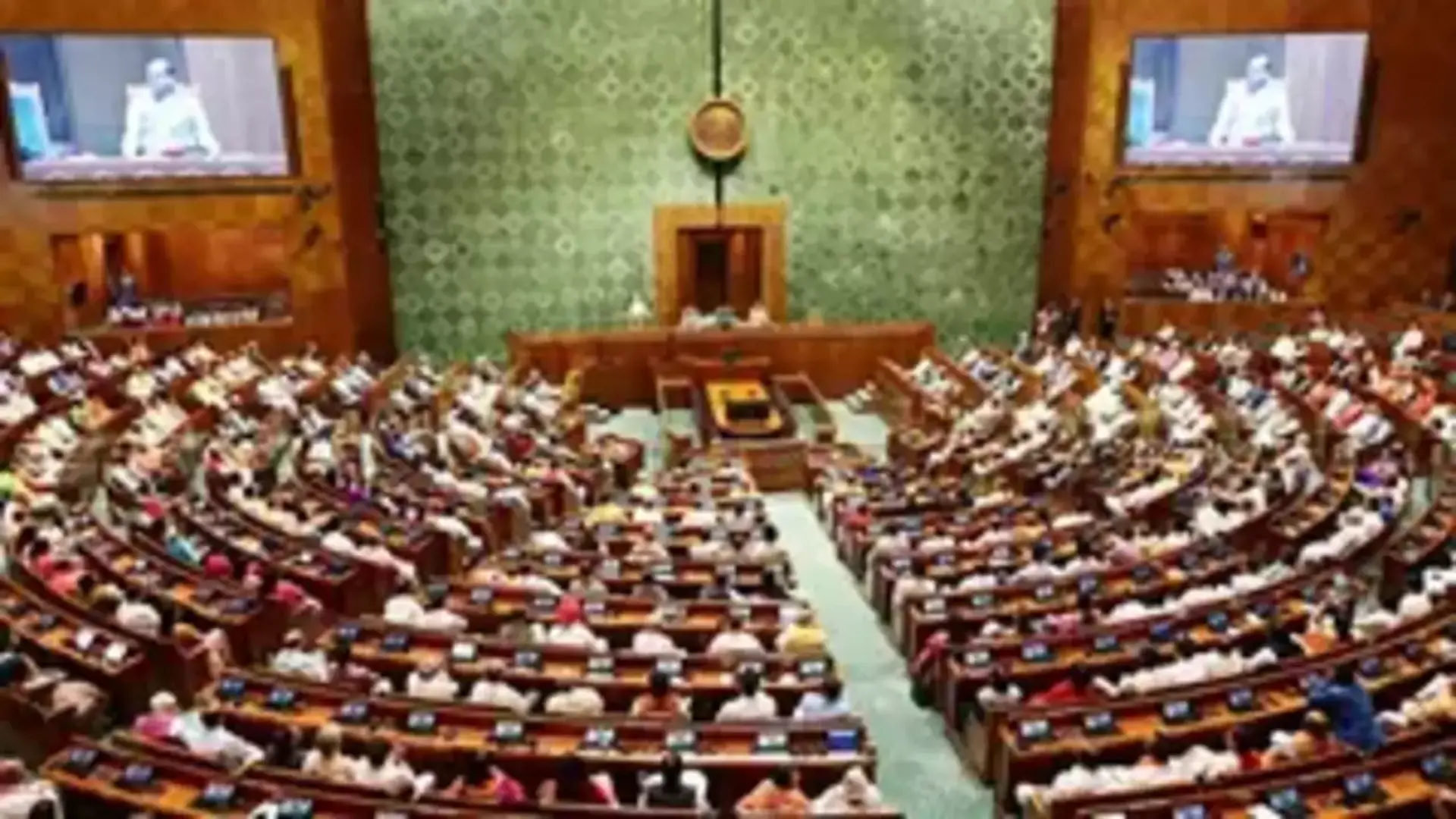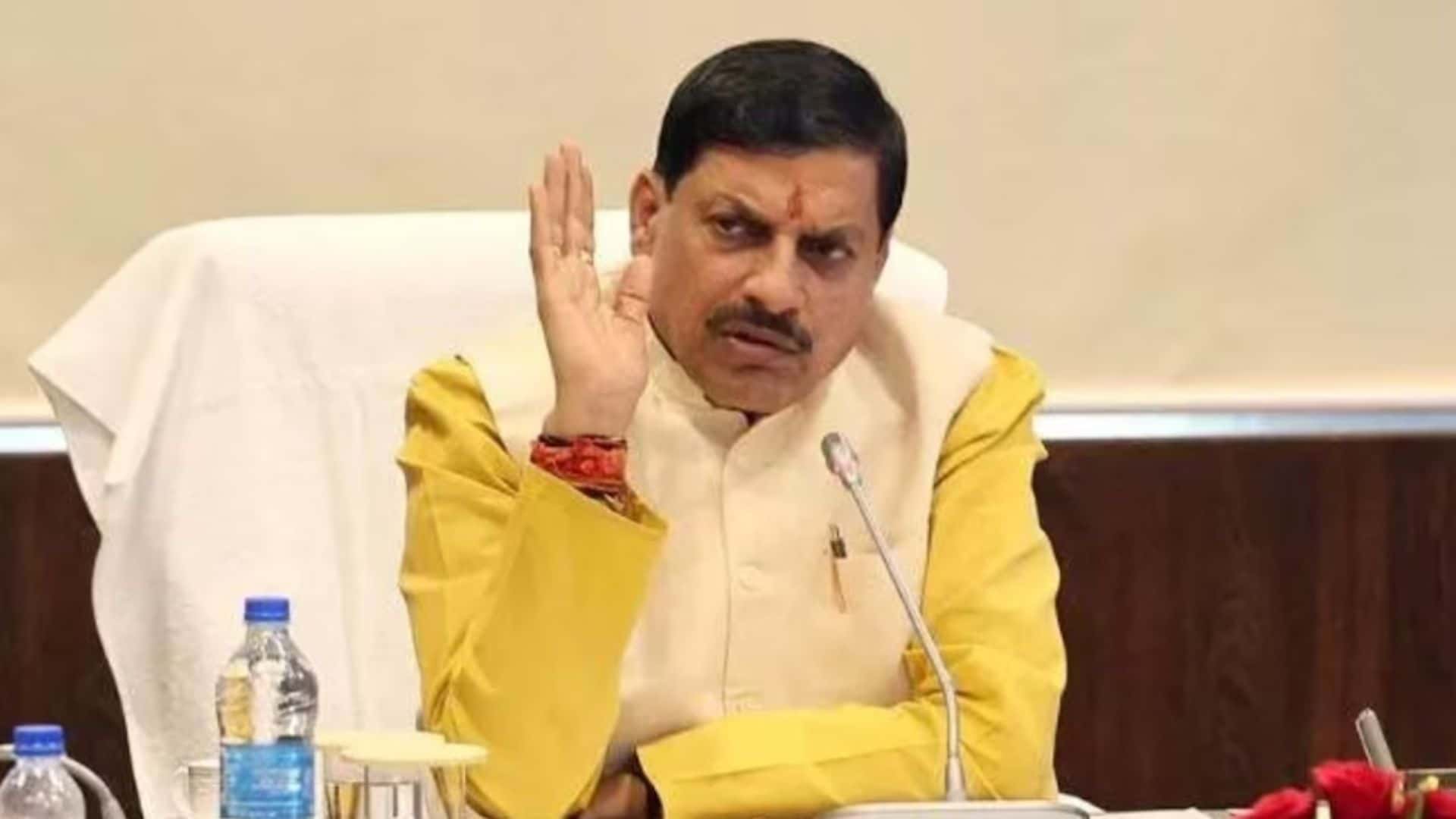
Union minister Piyush Goyal announced several significant decisions made by the Narendra Modi government during its recent cabinet meeting. The decisions encompass various aspects, ranging from allowance hikes to support for artificial intelligence initiatives. Goyal highlighted these decisions in the context of the upcoming Lok Sabha polls, expected to take place in May. Here’s a breakdown of the major announcements:
- 4% Increase in Dearness Allowance (DA): The Union Cabinet approved a 4% hike in Dearness Allowance for government employees and Dearness Relief for pensioners. This increase, effective from January 1, 2024, raises the rate to 50% of the basic pay/pension. Additionally, various allowances like transport, canteen, and deputation have been raised by 25%. House Rent Allowance (HRA) has also seen an increase.
- Continuation of ₹300 Ujjwala Subsidy: The Cabinet approved the continuation of a targeted subsidy of ₹300 per 14.2 kg cylinder for up to 12 refills per year under the Pradhan Mantri Ujjwala Yojana (PMUY). This scheme will be available from April 1, 2024, to March 31, 2025, with a total expenditure of ₹12,000 crores.
- ₹10,371 Crore Outlay for IndiaAI Mission: The Cabinet endorsed the ‘IndiaAI Mission,’ a comprehensive nationwide initiative with a budget of ₹10,371.92 crores over five years. This mission aims to foster indigenous AI development through various programs and partnerships across public and private sectors, democratizing computing access, improving data quality, and developing indigenous AI capabilities.
- MSP Increase for Raw Jute by ₹285 per Quintal: The government raised the Minimum Support Price (MSP) for raw jute by ₹285 per quintal, bringing it to ₹5335 per quintal. This move ensures a return of 64.8% over the all India weighted average cost of production, aligning with the principle set in the Budget 2018-19.
- ₹10,037 Crore for the Uttar Poorva Scheme: The Cabinet approved a ₹10,037-crore scheme to promote industrialization in the Northeast region. Envisaging approximately 2180 applications, the scheme is expected to generate around 83,000 direct employment opportunities during its duration, along with a significant number of indirect employment opportunities.
















